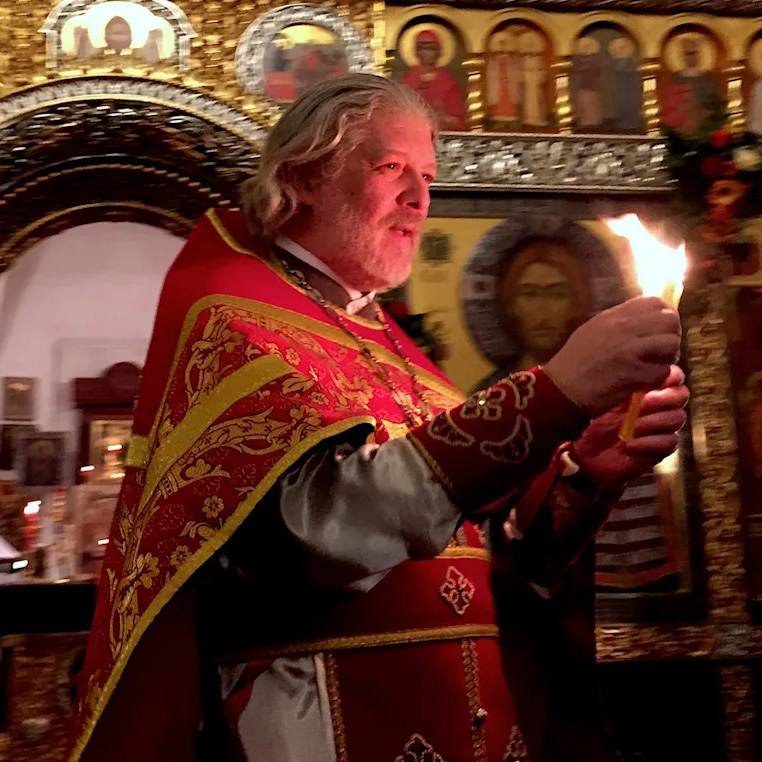The Illusion of Unity: Patriarch Kirill’s Ideological Ultimatum to the Church

Sergei Chapnin
A Blog of the Orthodox Christian Studies Center of Fordham University
As we step into the 21st century, the unthinkable unfolds within the Russian Orthodox Church (ROC): a systematic trend of political repressions. Priests voicing an anti-war stance, not politically but pastorally—liturgically—face bans from ministry or even defrocking, marking a stark departure from the gospel tradition. This shift has parallels with the comparatively milder means employed during Soviet times, where dissent within the Church found understanding and even some support among the hierarchy. Contrastingly, contemporary circumstances reveal a reversal from Soviet times, with bishops now hesitating to invest in supporting priests and instead carefully monitoring adherence to Kremlin propaganda narratives. The Church looks like a religious corporation, one of many privileged corporations in Putin’s Russia. And turning the Church into such a corporation has been Patriarch Kirill’s main concern during his 15-year tenure on the Moscow patriarchal throne.
What is happening in the ROC causes bewilderment, disappointment, and even wrath. But, on the other hand, if Patriarch Kirill himself has not condemned the war and literally forces priests, and with them all the faithful, to pray not for peace, as commanded in the Gospel, but “for the victory of Holy Rus’,” then the inevitable consequence is the ideological unification of the ROC and, accordingly, reprisals against dissenters. Ideological control over clergy in Russia was getting worse every year since Kirill (Gundyaev) was enthroned as Patriarch in February 2009, but no one could imagine that the ecclesial court be would become the key instrument of reprisal over those who preach peace.
